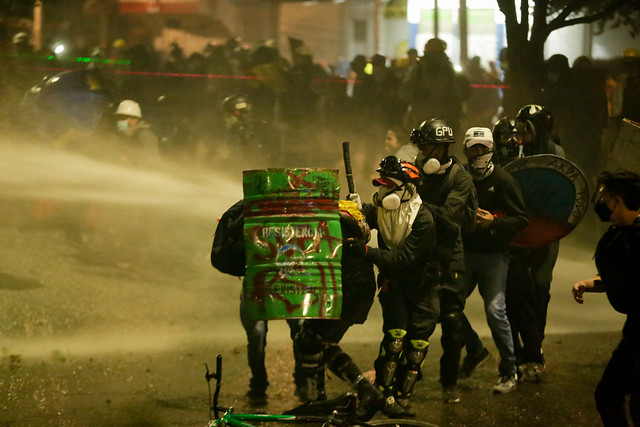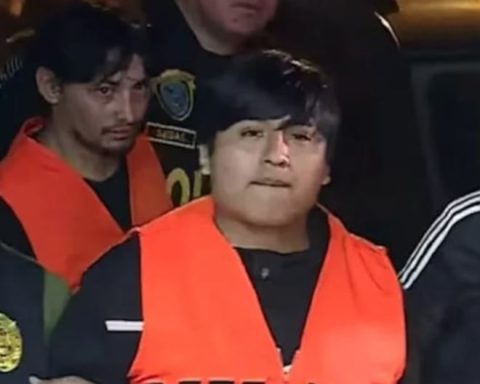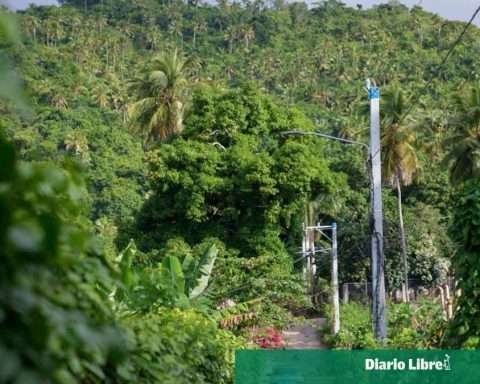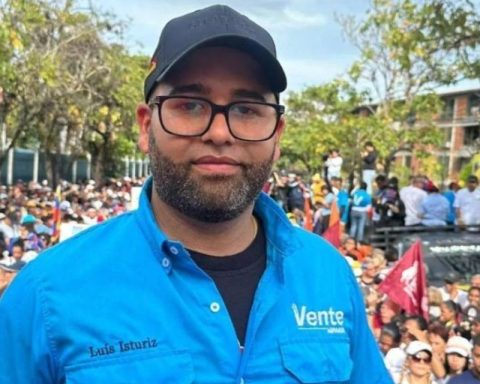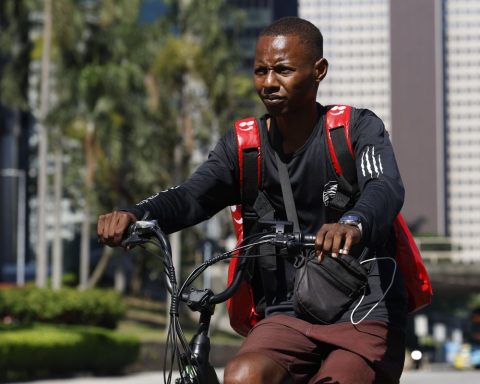Euthanasia, assisted suicide, terminal sedation or palliative care, are some of the terms about the so-called “dignified death” that for a few weeks has been heard in the world by the news of the Colombian Martha Sepúlveda, affected with amyotrophic lateral sclerosis (ALS ) and that he chose assisted death.
The reality is that there are currently around seven countries where euthanasia is legal and you should not resort to a rigorous legal process, however, Panama is not included in these countries, since there is no law that allows this practice.
The lawyer Alfonso Fraguela elucidated on this issue, explaining that there are several aspects regarding euthanasia. “There is active and passive euthanasia. The active is aimed at executing what are the mechanisms to end the life of a person and the passive is to stop applying the necessary mechanisms to keep a person alive, “he said.
In both cases the intervention of a medical professional is required, but in our country, unlike Colombia, it is not applicable; In the national territory, any act that is aimed at ending the life of a person would represent a crime within the meaning of causing the death of a person.
Fraguela highlights that this issue generates a debate not only legal, but theological (moral), since some people consider that “God gave you life and only he can take it away.”
In Panama there are only two provisions that can refer to the subject: the knowledge and the will that the patient must have to be informed by a doctor. “We speak specifically of Law 68 that regulates the rights and obligations of patients in terms of information and free and informed decision, as well as what the regulation of this provision represents, which is nothing more than Executive Decree 1,458 of November 6 of 2012 that regulates this Law 68 of November 20, 2003 “, mentioned the lawyer.
Law 68 seeks to guarantee the life of the person and that the decision to be made must be in compliance with certain formalities, that it is express and of knowledge in which a document is signed on medical exercises to be performed.
“Every person who is going to be treated by a doctor must be informed of their diagnosis in a clear and understandable way, obviously there are people who are old or very young. The law requires that in the case of a minor, the intervention of an adult or the one with parental authority is required, this is the legal framework that delegates responsibility to that person for the purpose of making a decision and knowing the suffering of the patient. In the case of elderly people, they would have to turn to a person who would be a curator or a person who could have the delegated power or through the opinion of a judge that allows this person to make a determination on the fate or decision that is going to have on the application of a type of mechanism tending to save the life ”, expressed the lawyer.
In Fraguela’s opinion, a person’s will is innate and must be respected, be it good or bad, but it is the decision of an individual and their personal freedom.
He considered that the issue of ending the life of a person is a bit difficult to conceive, but he believes that international regulations tend to recognize that individuality of the person, in such a way that he decides if he wants it to be applied or not, depending on what a series of specific steps on what euthanasia is have been completed.
In countries where this procedure is legal, doctors and their work team are freed from any type of criminal, civil or administrative responsibility because it is contemplated within the legal system of the country where it is being practiced.
It is important to note that article 32 of Law 68 of November 20, 2003 expressly states that the exercise of euthanasia is prohibited, preventing it from being carried out either actively or passively.





